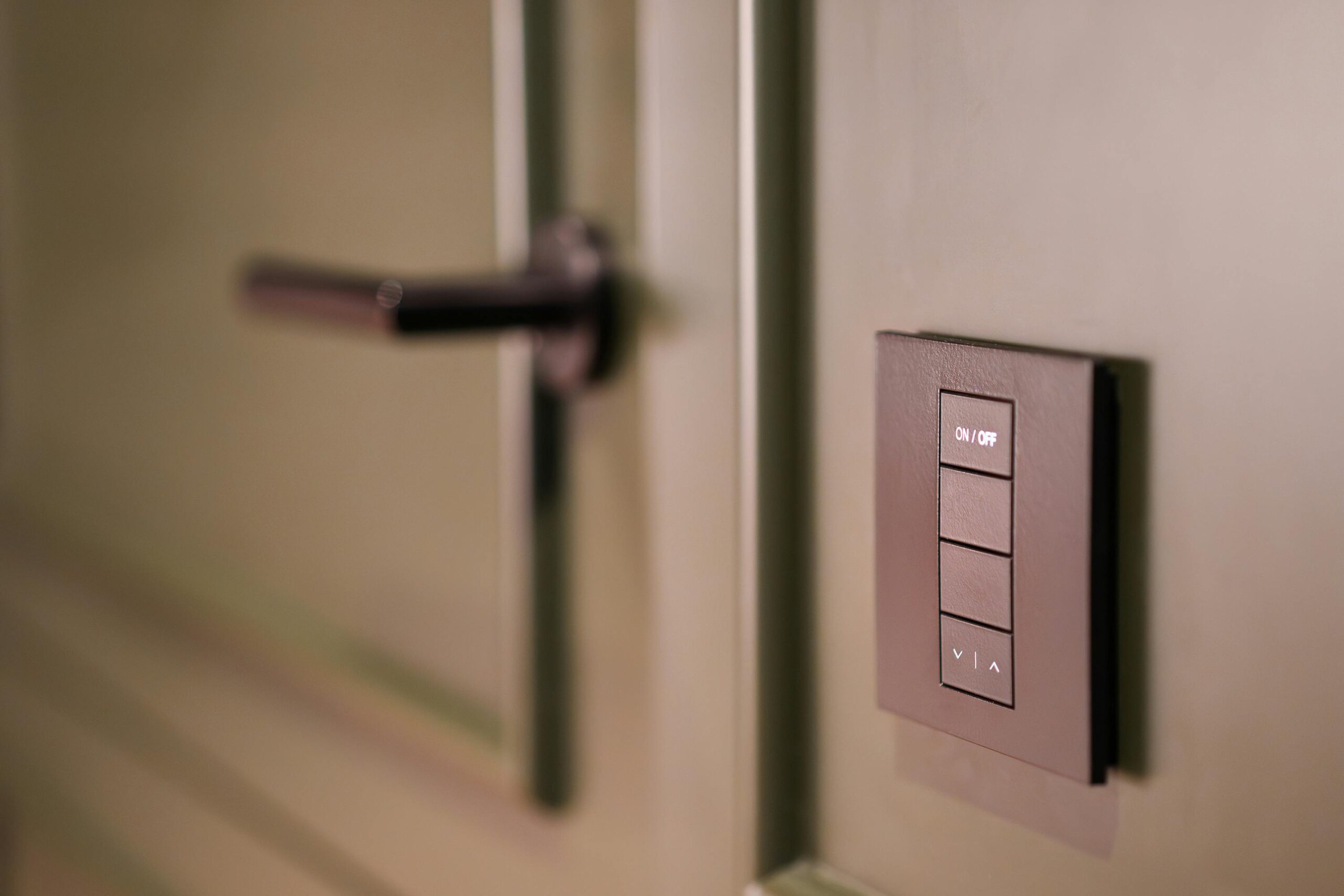Smart Spending Secrets: Cut These 6 Wasteful Habits After 60

As you approach retirement or settle into life beyond your 60s, it’s natural to start rethinking your priorities—especially when it comes to money. What once felt like small indulgences may now chip away at your savings. That’s why smart spending matters more than ever. Shifting your focus from impulse buys to functional needs can help stretch your budget, reduce stress, and make life more enjoyable.
Let’s look at five everyday purchases you might want to reconsider.
Smart Spending in the Kitchen: Ditch the Unused Gadgets
We all love the idea of a kitchen filled with handy tools, but many gadgets end up collecting dust. Electric can openers, for instance, might seem convenient at first. However, they take up space, rely on electricity or batteries, and often create extra cleanup. Instead, a manual can opener with a comfortable, ergonomic grip can do the job just as well—if not better.
By replacing bulky tools with simpler alternatives, you’re not only saving money but also making your kitchen more accessible.
Smart Spending for a Simpler Home: Cut Back on Excess Furniture
As we age, ease of movement becomes more important. A cluttered living room full of side tables, extra chairs, or decorative pieces can actually become a hazard. These items may once have felt cozy or stylish, but now, they can create obstacles—especially for those with mobility issues.
Decluttering and keeping only the essentials helps open up space and improve daily comfort. It’s a classic case of smart spending by investing in comfort, not clutter.
Smart Spending for Better Health: Avoid Low-Quality and Processed Goods
Cheap cookware might save you a few ringgit upfront, but it often leads to uneven heating and wear that can be dangerous over time. A loose handle or warped pan can easily lead to spills or burns. Investing in a durable non-stick frying pan set is a smarter move.
Similarly, processed snacks like sugary cookies or salty chips can wreak havoc on your health. They’re convenient, sure—but they’re often full of empty calories and lead to energy crashes or digestive issues. Choosing wholesome alternatives helps protect your long-term health while keeping food costs under control.
Bonus Tip: Rethink the Book Collection
Books are a joy, but large collections can become burdensome—especially if your eyesight changes or physical space becomes limited. Instead of letting shelves gather dust, consider switching to an e-reader. With adjustable text sizes, lightweight designs, and instant access to thousands of books, it’s a win for convenience and smart spending.
Using a tablet stand for your e-reader can make reading even easier and more comfortable.
Smarter alternative:
Consider switching to an e-reader like a Kindle or tablet. They offer adjustable text sizes, backlighting, and the convenience of carrying hundreds of books in one lightweight device. You can even borrow e-books for free from your local library.
Final Thoughts
Smart spending isn’t about being cheap—it’s about choosing what really matters. After 60, it’s wise to invest in comfort, safety, and simplicity. By letting go of unnecessary purchases and focusing on quality, you protect both your health and your wallet.
Your future self will thank you.













2 comments